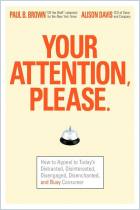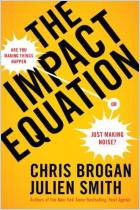
Supercommunicator
Explaining the Complicated So Anyone Can Understand
ISBN: 9780814433683
Pages: 272
Recommendation
Organizations with complex scientific, mathematical or technical information to communicate to the public face a major challenge. New data about their findings, products or projects can be so insider-oriented and multileveled that only people with knowledge of the field can understand what they’re talking about or, more crucially, grasp the context and consequences of the subject at hand. Many companies rely on nontechnical writers to convey their technical stories to the public. The resulting loss of complexity and depth can obscure good news for stakeholders, potential investors and the public. Communications consultant Frank J. Pietrucha spent 25 years explaining complicated scientific information to the public for his clients. He advocates turning complicated abstractions into “big stories,” utilizing narrative techniques and humanizing arcane content. With rare erudition and hard-won practical knowledge, Pietrucha takes on a subject that few other people even recognize exists. getAbstract recommends his methods and manual to journalists, broadcasters, marketing communicators, those in public relations and anyone who must explain complex content.
Summary
About the Author
Frank J. Pietrucha is the founder of Definitive Communications.


















Comment on this summary